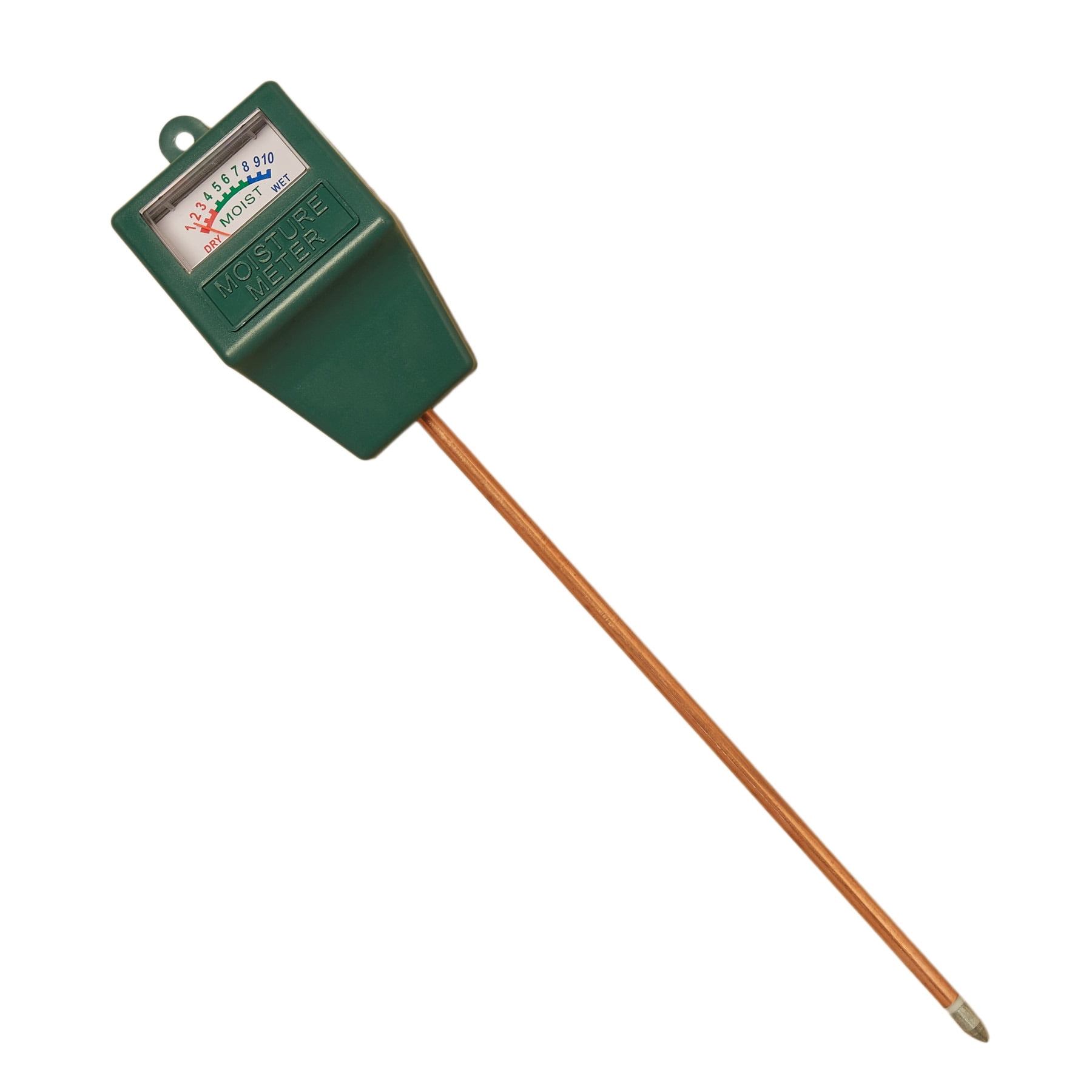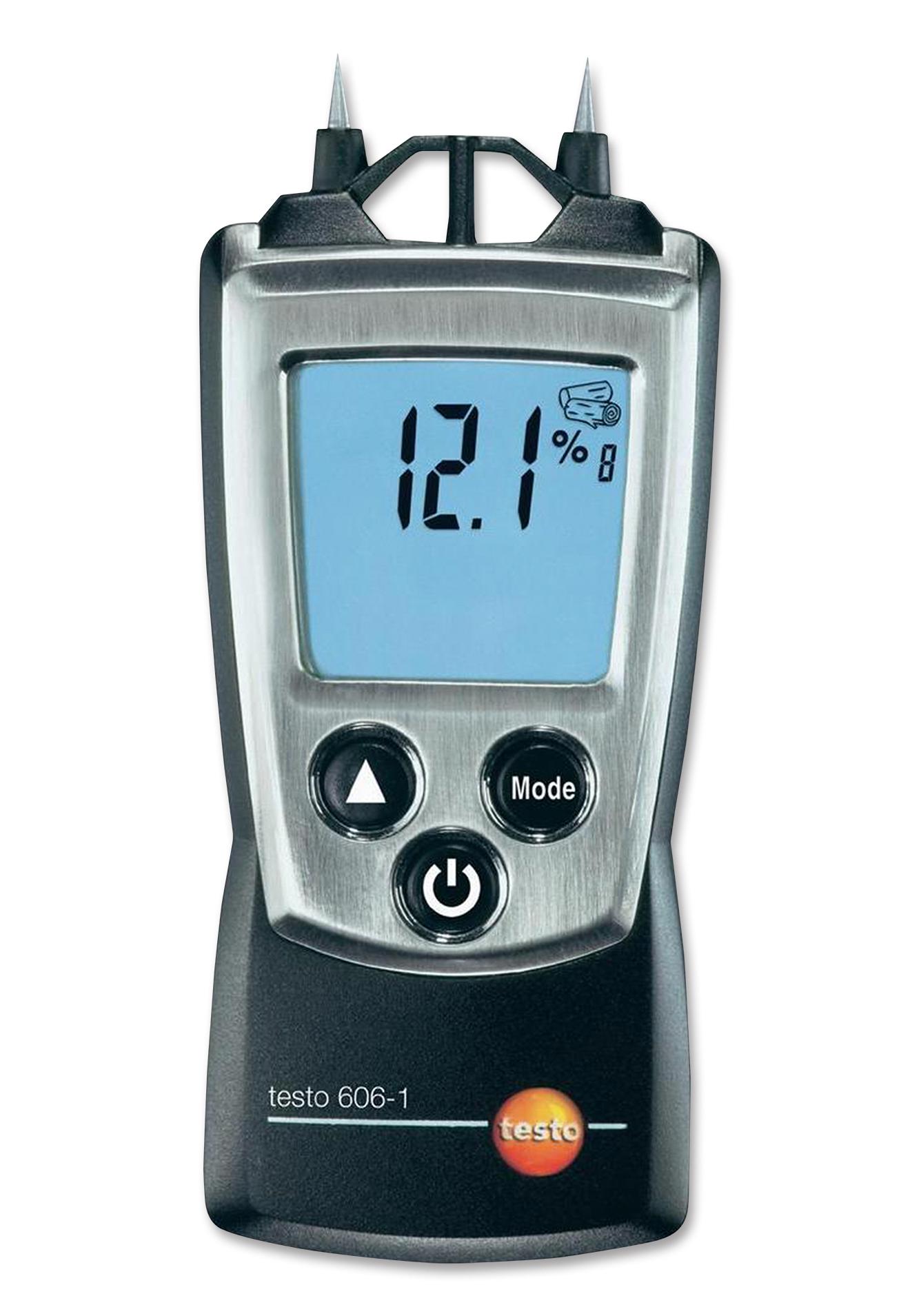Understanding the Various Types of Moisture Meters and Their Applications
Understanding the Various Types of Moisture Meters and Their Applications
Blog Article
The Ultimate Guide to Moisture Meters: A Comprehensive Overview and Exactly How They Can Save You Cash
In the realm of building maintenance, construction, and numerous industries, the value of properly measuring moisture levels can not be overemphasized. Wetness meters work as essential tools in discovering and keeping track of moisture web content in materials, aiding in preventing pricey damages and guaranteeing the top quality of items. Comprehending the nuances of different kinds of dampness meters, their applications, and the potential cost-saving benefits they provide can be a game-changer for businesses and specialists alike. Finding just how these gadgets can not just enhance processes yet likewise add to monetary savings is a trip worth embarking on.
Sorts Of Moisture Meters
Different kinds of moisture meters are readily available for different applications in different industries. One usual type is the pin-type dampness meter, which measures the electrical resistance in between two pins placed into a material. This kind is suitable for wood, drywall, and various other building products. Pinless dampness meters, on the other hand, usage electro-magnetic sensor plates to scan a bigger area without triggering damages to the material's surface. These meters are excellent for swiftly assessing wetness degrees in huge locations such as wall surfaces and floorings.
Infrared wetness meters measure the thermal properties of a material to establish its dampness material non-invasively, making them helpful for applications where pin or pinless meters may not be ideal. Understanding the various kinds of moisture meters available can aid sectors pick the most proper tool for their specific dampness measurement needs.

Benefits of Making Use Of Moisture Meters

Furthermore, using dampness meters can lead to raised power performance. In farming setups, wetness meters play an important role in optimizing crop returns by making it possible for farmers to check soil moisture degrees and make educated irrigation decisions.
Just How to Pick the Right Moisture Meter
Selecting the ideal wetness meter includes considering crucial variables such as material compatibility, dimension variety, and calibration accuracy. When picking a wetness meter, it's necessary to ensure that the meter appropriates for the details material you will certainly be testing. Various materials have differing electrical residential properties that can affect dampness readings, so picking a meter developed for your product is important for accurate results. In addition, think about the dimension series of the dampness meter. Guarantee that the meter can detect wetness degrees within the range needed for your applications. Calibration accuracy these details is one more critical aspect to maintain in mind (Moisture Meter). Choose a dampness meter with trustworthy calibration to ensure consistent and exact analyses. Some meters may need routine calibration changes, so comprehending the calibration procedure is necessary. By very carefully reviewing these elements, you can select a wetness meter that fulfills your needs and offers precise dampness dimensions for your projects.
Correct Techniques for Moisture Meter Usage
To make sure accurate dampness readings and optimize the efficiency of a dampness meter, utilizing proper methods is necessary. When using a pin-type wetness meter, place the pins or probes right into the material being examined up until they make complete get in touch with. By adhering to these appropriate methods, users can depend on their moisture meter to offer reliable wetness degrees, helping in avoiding expensive damages or guaranteeing top quality in different applications.

Expense Cost Savings Via Moisture Meter Applications
Exactly how can the strategic application of wetness meters lead to considerable price savings throughout various markets? Dampness meters play a vital role in expense financial savings by preventing prospective damages and ensuring quality assurance in different markets. In the farming sector, moisture meters aid in establishing the optimum time for gathering plants, protecting against over-drying or excess wetness that can influence the end product's quality. This specific monitoring assists farmers stay clear of unneeded losses and optimize their yield.

Additionally, in the food handling sector, wetness meters are vital for keeping track of product top quality and guaranteeing compliance with safety regulations. By properly determining wetness material in foodstuff, makers can protect against perishing, keep freshness, and minimize waste, leading to considerable cost see it here financial savings. Generally, the critical application of wetness meters is a useful financial investment that can lead to considerable cost reductions and enhanced effectiveness throughout various markets.
Conclusion
Finally, moisture meters are valuable tools for determining and detecting dampness degrees in various materials. By making use of the appropriate wetness meter and following proper methods, customers can successfully protect against expensive damages triggered by excess dampness. Spending in a quality wetness meter can cause substantial expense financial savings Your Domain Name in the future by determining potential issues at an early stage and making it possible for punctual removal. Ultimately, moisture meters are vital instruments for keeping the honesty and longevity of materials and frameworks.
Moisture meters offer as essential tools in identifying and keeping track of moisture content in materials, assisting in protecting against costly damages and making sure the quality of items. Infrared wetness meters determine the thermal properties of a product to identify its moisture content non-invasively, making them useful for applications where pin or pinless meters might not be ideal.Dampness meters supply invaluable benefits in accurately monitoring and assessing moisture levels in varied products and settings. In farming settings, wetness meters play a crucial duty in maximizing crop returns by allowing farmers to monitor soil moisture degrees and make notified watering decisions.In conclusion, wetness meters are useful tools for finding and gauging wetness levels in numerous products.
Report this page